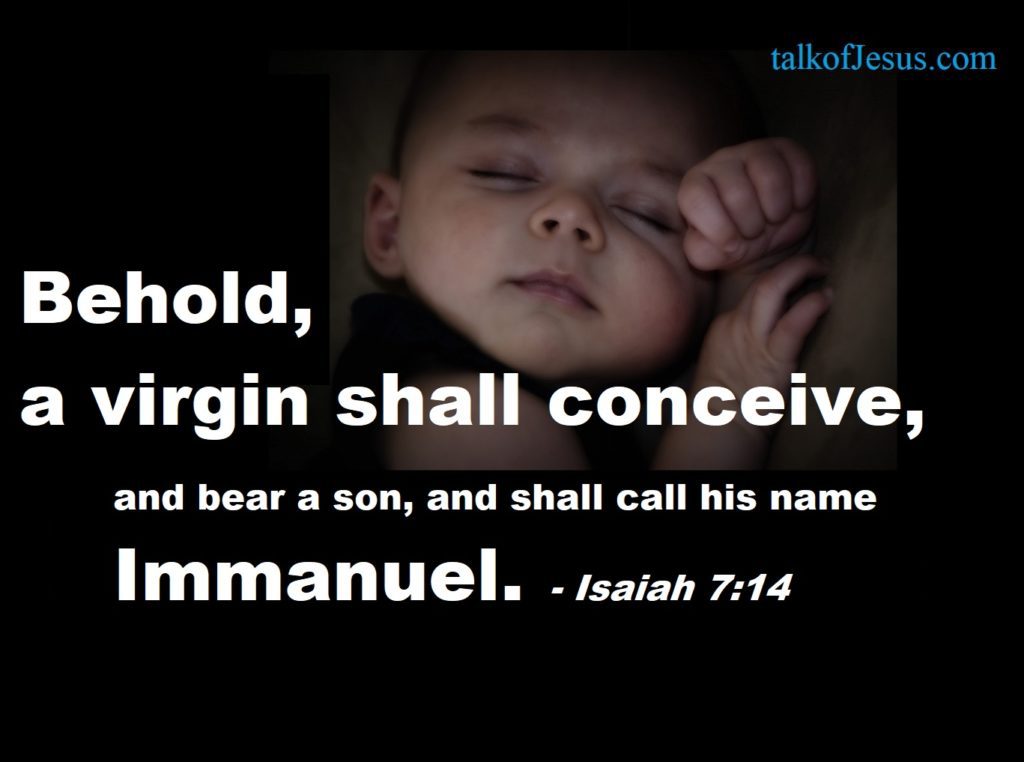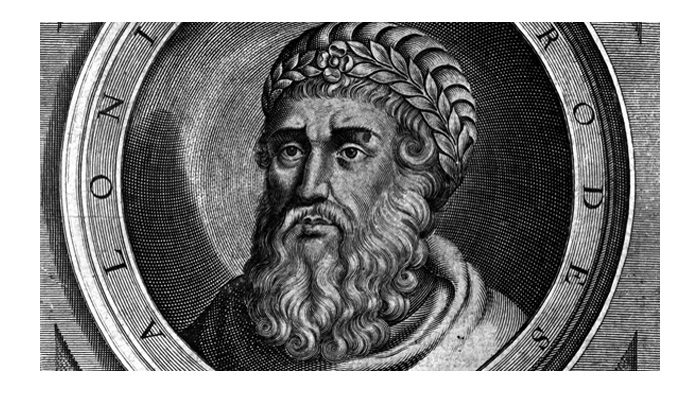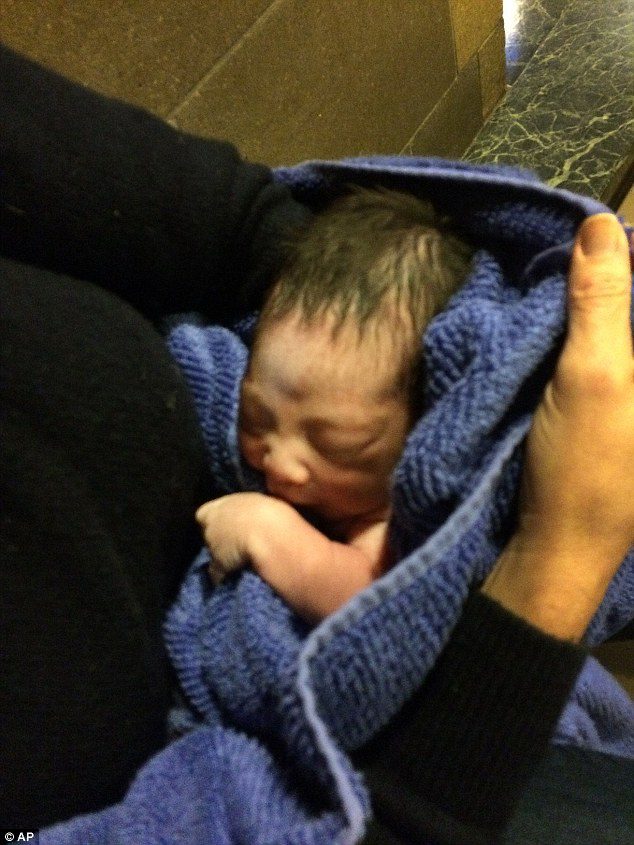Christmas according to the Gospel
Yesterday, in part one of this 3-part Christmas series, I mentioned that ‘Emmanuel’ is a Latin or romanized spelling of “Immanuel” from the Hebrew. I also remind us that Christmas was a minor celebration, actually banned at times by the church.
We began discussion of the Nativity (the birth of Jesus) with an introduction of the Gospels of Mark and John, discovering that the prophets had already predicted the coming of a Messiah, God With Us, Immanuel.
Today we continue with the Gospel of Matthew, Disciple to Jesus and a Jew familiar with the Bible (Old Testament).
The Genealogy of Jesus Christ
Matthew 1: KJV
The book of the generation of Jesus Christ, the son of David, the son of Abraham.
Abraham begat Isaac; and Isaac begat Jacob; and Jacob begat…
Wait! Why start the story of Jesus with a history of ancestry? It reads a little bit like Genesis 5 to me. Adam begat Seth, who begat Enoch, who begat... (you get the idea). We tend to skip over those little details anyway.
We see Abraham in there and David on the list.
And Josias begat Jechonias and his brethren, about the time they were carried away to Babylon: a clear connection of this Jewish genealogy from Adam through David, then Kings of a divided, defeated and deported Israel.
If we look at Mathew’s list of the genealogy of Jesus more closely, another question may even come to mind.
and Jacob fathered Joseph the husband of Mary,
Matthew 1:16 CSB
who gave birth to Jesus who is called the Christ.
Immediately following, Matthew mentions the controversy of the time:
Now the birth of Jesus Christ was on this wise [in this way]:
When as his mother Mary was espoused [betrothed] to Joseph, before they came together [physically {or sexually, if we may be so bold}], she was found with child of the Holy Ghost [pregnant, by the Holy Spirit of God the Father!].
Matthew 1:18 KJV [with comment]
Before we address the controversies of verse 18, let’s address the obvious question about Joseph first.
If Joseph was not the father of Jesus, why include Joseph’s family in the genealogy of Jesus?
Here we must first remove the blinders of our twenty-first century biases against practices of other cultures in distant places and former times we do not understand.
Glance at a First Century Woman
Our misunderstanding of the place and role of Mary may be helped by this brief glance at life at the time of Jesus’ birth.
Make no mistake about it, first century life from Rome to Jerusalem and the hills of Syria was hierarchical. Caesar Augustus sought to build a civilized ‘Roman’ culture throughout the captive states of his reign.
In Rome some women were freeborn citizens, but did not vote. Slaves had no inheritance rights and under Roman law a slave had no father. I mention this because Rome was highly dependent on slaves, including physicians, accountants, along with common laborers. Nearly four of every ten Romans were slaves of a citizen. Romans could actually sell their own children as slaves, property of the buyer with no family association. A woman belonged to her father or husband.
Captive Israel and Judah were client states of Rome. Kings and others held some authority over the men of these captive states. Romans and Jews held similar views about the value of marriage, stability of families and value of the relationship of a virgin daughter joining herself to a husband and new family (betrothal).
The light regulation of marriage by the law with regards to minimum age (12) and consent to marriage was designed to leave families, primarily fathers, with much freedom to propel girls into marriage whenever and with whomever they saw fit. [source]
Mary is no queen, just a common girl, most likely age 13-16, promised to an older man of somewhat better standing.
Two controversies
Joseph, a carpenter born to a family from very rural Bethlehem near Jerusalem, by order of Rome, must register (in person) for a census in the city of his family. This, the reason for the genealogies of men in historical documents. Matthew 1:1-17 details Joseph’s ancestry. We will examine more of the details of the event in tomorrow’s concluding story of the Nativity from the Gospel of Luke.
Mary, a virgin pledged to him as a wife, returns from an extended visit to her relatives – pregnant!
Matthew clearly states that this is the Child of the Holy Spirit [ἐκ ἅγιος hagios πνεῦμα pneuma].
Clearly, Joseph knows that the child in the womb of his betrothed is not his – he is not the father, suggesting divorce (rather than stoning her to death), which brings us to our second, even larger controversy.
An angel of the Lord appeared to Joseph in a dream revealing both the identity and Holy conception of the Child.
She will give birth to a son, and you are to name him Jesus, because he will save his people from their sins.”
Matthew 1:21 CSB
Ἰησοῦς Iēsous יְהוֹשׁוּעַ JESUS – THE LORD SAVES
bLUElETTERbIBLE.ORG http://blb.sc/000q28

Prophesy
Joseph and faithful Jews of first Century Judea and other captive Roman provinces would know predictions of a Messiah. Herod, vassal tenant king or tetrarch (one of four local Jewish governors) would have also known or learned the prophesy.
Isaiah said, “Listen, house of David! Is it not enough for you to try the patience of men? Will you also try the patience of my God? Therefore, the Lord himself will give you a sign:
See, the virgin will conceive, have a son, and name him Immanuel.
24 When Joseph woke up, he did as the Lord’s angel had commanded him. He married her 25 but did not have sexual relations with her until she gave birth to a son. And he named him Jesus.
One other prophesy
5:2 וְאַתָּה בֵּֽית־לֶחֶם אֶפְרָתָה צָעִיר לִֽהְיֹות בְּאַלְפֵי יְהוּדָה מִמְּךָ לִי יֵצֵא לִֽהְיֹות מֹושֵׁל בְּיִשְׂרָאֵל וּמֹוצָאֹתָיו מִקֶּדֶם מִימֵי עֹולָֽם׃
But you, O Bethlehem Ephrathah,
Micah 5:2 – Hebrew Bible & NLT
are only a small village among all the people of Judah.
Yet a ruler of Israel will come from you,
one whose origins are from the distant past.
This familiar scene (of Kings following a star to worship Jesus takes place some time after His birth).
After Jesus was born in Bethlehem of Judea in the days of King Herod, wise men from the east arrived in Jerusalem, 2 saying,
“Where is he who has been born king of the Jews?
For we saw his star at its rising and have come to worship him.”

Traveling kings ask about one born ‘king of the Jews.’ And by protocol they ask the so-called king ruling in Jerusalem under Rome.
The Herod’s have have held the captive thrones of Judea and surrounding Roman states for just a few decades.
Where is this new King of the Jews?
3 When King Herod heard this, he was deeply disturbed, and all Jerusalem with him. 4 So he assembled all the chief priests and scribes of the people and asked them where the Christ would be born.
5 “In Bethlehem of Judea,” they told him, “because this is what was written by the prophet:
6 And you, Bethlehem, in the land of Judah,
are by no means least among the rulers of Judah:
Because out of you will come a ruler
who will shepherd my people Israel.”
9 After hearing the king, they went on their way. And there it was—the star they had seen at its rising. It led them until it came and stopped above the place where the child was. 10 When they saw the star, they were overwhelmed with joy.
11 Entering the house, they saw the child with Mary his mother, and falling to their knees, they worshiped him. Then they opened their treasures and presented him with gifts: gold, frankincense, and myrrh.
12 And being warned in a dream not to go back to Herod, they returned to their own country by another route.
Joseph and Mary take Jesus to Jerusalem, then escape Herod to live in Egypt during the early childhood of Jesus.
To be continued... (tomorrow, Christmas Day)


Leave a Reply